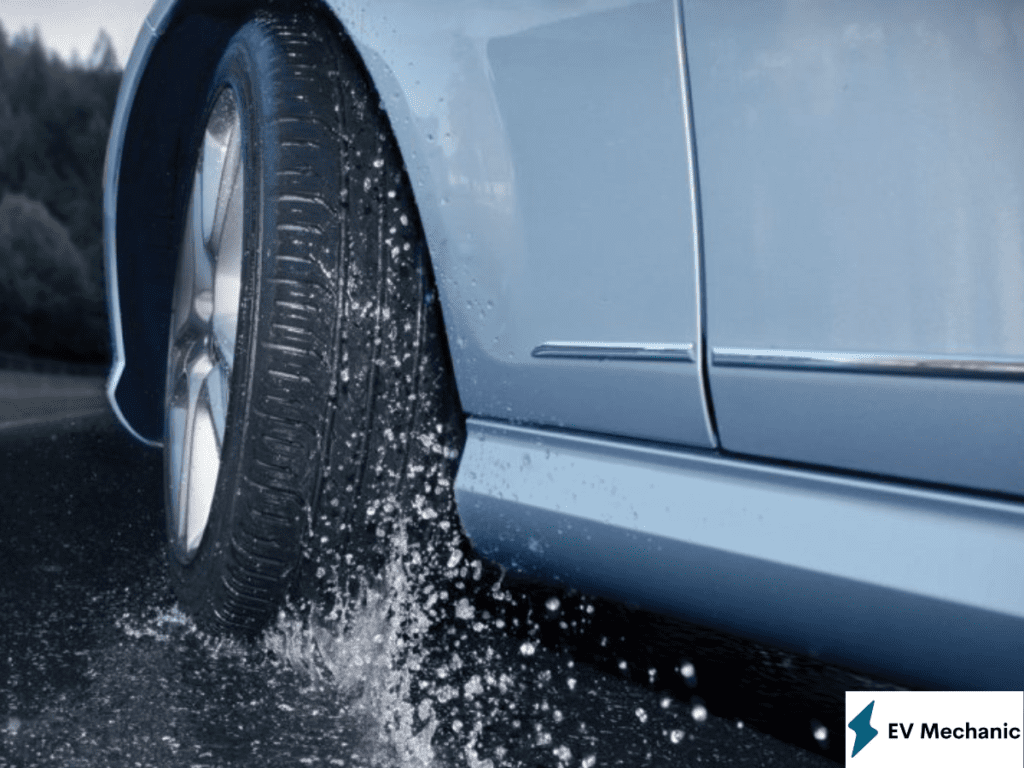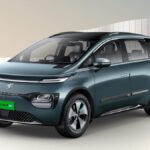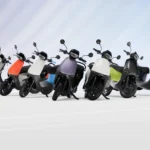As the monsoon season brings with it refreshing showers and cooler temperatures, it also brings specific challenges for electric vehicle (EV) owners. While EVs have become synonymous with sustainable and efficient transportation, it’s important to consider their unique needs during heavy rainfall. With a combination of preventive measures, cautious driving, and regular maintenance, EV owners can ensure their vehicles remain in top-notch condition for safe and reliable mobility even during the rainy season.
Batteries and Water Resistance
Electric vehicles rely on advanced lithium-ion batteries that are designed with water-resistant features. However, it’s still important to pay attention to the battery compartment, seals, and connections. Inspect these components for any signs of damage or potential water ingress. Regular visual checks and seeking professional assistance for inspection can help identify issues early on and prevent any water-related damage.
Impact of Cold and Wet Weather
The performance of lithium-ion batteries can be affected by cold and wet weather conditions. Cold temperatures can lead to a decrease in battery capacity, resulting in reduced driving range and overall performance. Additionally, excessive moisture exposure may temporarily impact battery performance until the components dry out. To counteract these effects, it’s recommended to take extra precautions during the monsoon season and regularly inspect the battery for any potential water damage.
Corrosion and Short Circuits
Monsoon rains increase the risk of corrosion in various components of electric vehicles, including battery terminals and electrical connections. Corrosion can lead to poor electrical conductivity and potential short circuits, which could compromise the overall functioning of the EV. To minimize these risks, regular battery inspections and maintenance are crucial. Keeping the battery terminals clean and free from corrosion can enhance the longevity and performance of the EV.

Precautions for EV Owners
To effectively navigate the challenges brought by heavy rainfall during the monsoon season, EV owners can take several precautions:
Regular Inspections: Regularly inspect the battery compartment, seals, and electrical connections for any signs of damage or water ingress. Promptly address any issues to prevent further damage.
Temperature Considerations: Be aware that cold temperatures can affect battery performance. Plan your trips and charging accordingly, and consider using pre-conditioning features available in some EVs to optimize battery performance.
Safe Charging: When charging your EV, ensure that the charging port and cables are protected from rain. Use covered or sheltered charging stations whenever possible to prevent water exposure.
Driving with Caution: Rainy conditions can affect road grip and visibility. Drive cautiously, maintain safe distances from other vehicles, and avoid sudden maneuvers to prevent accidents.
Regular Maintenance: Adhere to your EV manufacturer’s recommended maintenance schedule. This includes battery checks, fluid top-ups, and software updates that can contribute to the optimal performance of your EV.
Invest in Protection: Consider using protective covers or shields to safeguard vulnerable components from water exposure during heavy rains.

Conclusion
While monsoon rains can pose challenges for electric vehicle owners, a combination of vigilance, responsible driving, and regular maintenance can ensure that EVs continue to provide safe and reliable transportation. As EVs become increasingly popular, understanding their specific needs during various weather conditions becomes essential. By taking the necessary precautions and paying attention to battery health and water resistance, EV owners can confidently navigate through the rainy season and continue to enjoy the benefits of eco-friendly mobility.
In summary, caring for electric vehicles during the monsoon season involves a mix of awareness, preventive measures, and responsible driving practices. By incorporating these strategies, EV owners can make the most of their vehicles even in the wettest weather. This not only ensures the longevity and optimal performance of their electric vehicles but also contributes significantly to a greener and more sustainable future.
For Digital Marketing Service check out Best Digital Marketing Agency





